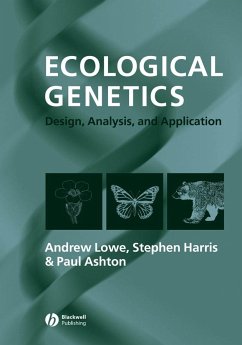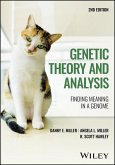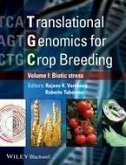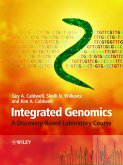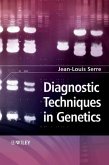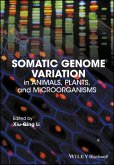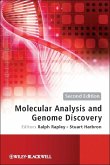Ecological Genetics addresses the fundamental problems of which of the many molecular markers should be used and how the resulting data should be analysed in clear, accessible language, suitable for upper-level undergraduates through to research-level professionals. * A very accessible straightforward text to deal with this difficult topic - applying modern molecular techniques to ecological processes. * Written by active researchers and teachers within the field. * There will be an accompanying web site managed by the authors, comprising of worked examples, test data sets and hyperlinks to relevant web pages.
Dieser Download kann aus rechtlichen Gründen nur mit Rechnungsadresse in A, B, BG, CY, CZ, D, DK, EW, E, FIN, F, GR, HR, H, IRL, I, LT, L, LR, M, NL, PL, P, R, S, SLO, SK ausgeliefert werden.
Molecular ecologists finally have a text-book that deals with theirdiscipline. Ecological Genetics fills the market-gap betweengeneral accounts of evolutionary biology and specialist textsfocusing on individual research topics. The authors have broughttogether a useful mix of theory, practical approaches, conceptualissues, and individual case studies to provide a balanced andaccessible overview of the field. Peter Hollingsworth, RoyalBotanic Garden
"This book is a pleasure to read: it is clearly written, wellorganized and leaves no ambiguity." Andre A Dhondt, CornellUniversity, Trends in Ecology and Evolution, August 2004
"This book is a well-written, comprehensive overview of theessential techniques underlying ecological genetics. I wouldcertainly recommend it to any new student undertaking postgraduatestudy in the field of molecular ecology." Dr. Jim Provan,Queen's University Belfast
"This book is a pleasure to read: it is clearly written, wellorganized and leaves no ambiguity." Andre A Dhondt, CornellUniversity, Trends in Ecology and Evolution, August 2004
"This book is a well-written, comprehensive overview of theessential techniques underlying ecological genetics. I wouldcertainly recommend it to any new student undertaking postgraduatestudy in the field of molecular ecology." Dr. Jim Provan,Queen's University Belfast

